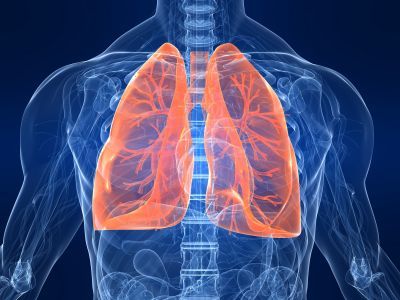Your support helps us to tell the story
From reproductive rights to climate change to Big Tech, The Independent is on the ground when the story is developing. Whether it's investigating the financials of Elon Musk's pro-Trump PAC or producing our latest documentary, 'The A Word', which shines a light on the American women fighting for reproductive rights, we know how important it is to parse out the facts from the messaging.
At such a critical moment in US history, we need reporters on the ground. Your donation allows us to keep sending journalists to speak to both sides of the story.
The Independent is trusted by Americans across the entire political spectrum. And unlike many other quality news outlets, we choose not to lock Americans out of our reporting and analysis with paywalls. We believe quality journalism should be available to everyone, paid for by those who can afford it.
Your support makes all the difference.A new study published in the August 31 online edition of the journal Cancer Epidemiology, Biomarkers & Prevention has found that eating a variety of fruits and vegetables, rather than quantity, may lower your lung cancer risk.
"Although quitting smoking is the most important preventive action in reducing lung cancer risk, consuming a mix of different types of fruit and vegetables may also reduce risk, independent of the amount, especially among smokers," explained H. Bas Bueno-de-Mesquita, MD, MPH, PhD, senior scientist and project director of cancer epidemiology at The National Institute for Public Health and the Environment in the Netherlands.
The collaborative European Prospective Investigation into Cancer and Nutrition study found 1,613 out of 452,187 Europeans developed lung cancer during nearly nine years of follow-up.
The authors noted "Diet diversity scores (DDS) were used to quantify the variety in fruit and vegetable consumption. Multivariable proportional hazards models were used to assess the associations between DDS and lung cancer risk. All models were adjusted for smoking behavior and the total consumption of fruit and vegetables."
"Variety in vegetable consumption was inversely associated with lung cancer risk among current smokers. Risk of squamous cell carcinomas was reduced with increasing variety in fruit and/or vegetable consumption, which was mainly driven by the effect in current smokers," concluded the researchers.
Bueno-de-Mesquita added, "Fruits and vegetables contain many different bioactive compounds, and it makes sense to assume that it is important that you not only eat the recommended amounts, but also consume a rich mix of these bioactive compounds by consuming a large variety."
However, Bueno-de-Mesquita told Relaxnews on August 30 that "Smoking is by far the most important, recognized avoidable, risk factor for lung cancer. But also high risk occupations such as those with exposure to industrial chemicals like arsenic, asbestos, chloromethyl methyl ether and/or bischloromethyl ether, coal-tar fumes, pollutants from iron and steel founding are known to increase lung cancer risk (WCRF/AICR report 2007)."
He added, "The WCRF/AICR [World Cancer Research Fund/American Institute for Cancer Research] report 2007 also found probable evidence for decreased lung cancer risk with increased consumption of fruits and foods containing beta-carotene."
Should you plan to add a mix of beta-carotene-rich fruits and veggies to your daily diet, the nutrition and health info site HealthyGuidance.org recommends: carrots, sweet potatoes, watermelon, lettuce, spinach, cabbage, avocado, pumpkin, squash, tomatoes, asparagus and radish.
Full study, "Variety in Fruit and Vegetable Consumption and the Risk of Lung Cancer in the European Prospective Investigation into Cancer and Nutrition": http://cebp.aacrjournals.org/content/early/2010/08/25/1055-9965.EPI-10-0489
WCRF/AICR's Expert Report "Food, Nutrition, Physical Activity and the Prevention of Cancer: a Global Perspective" online: http://www.dietandcancerreport.org/

Join our commenting forum
Join thought-provoking conversations, follow other Independent readers and see their replies
Comments